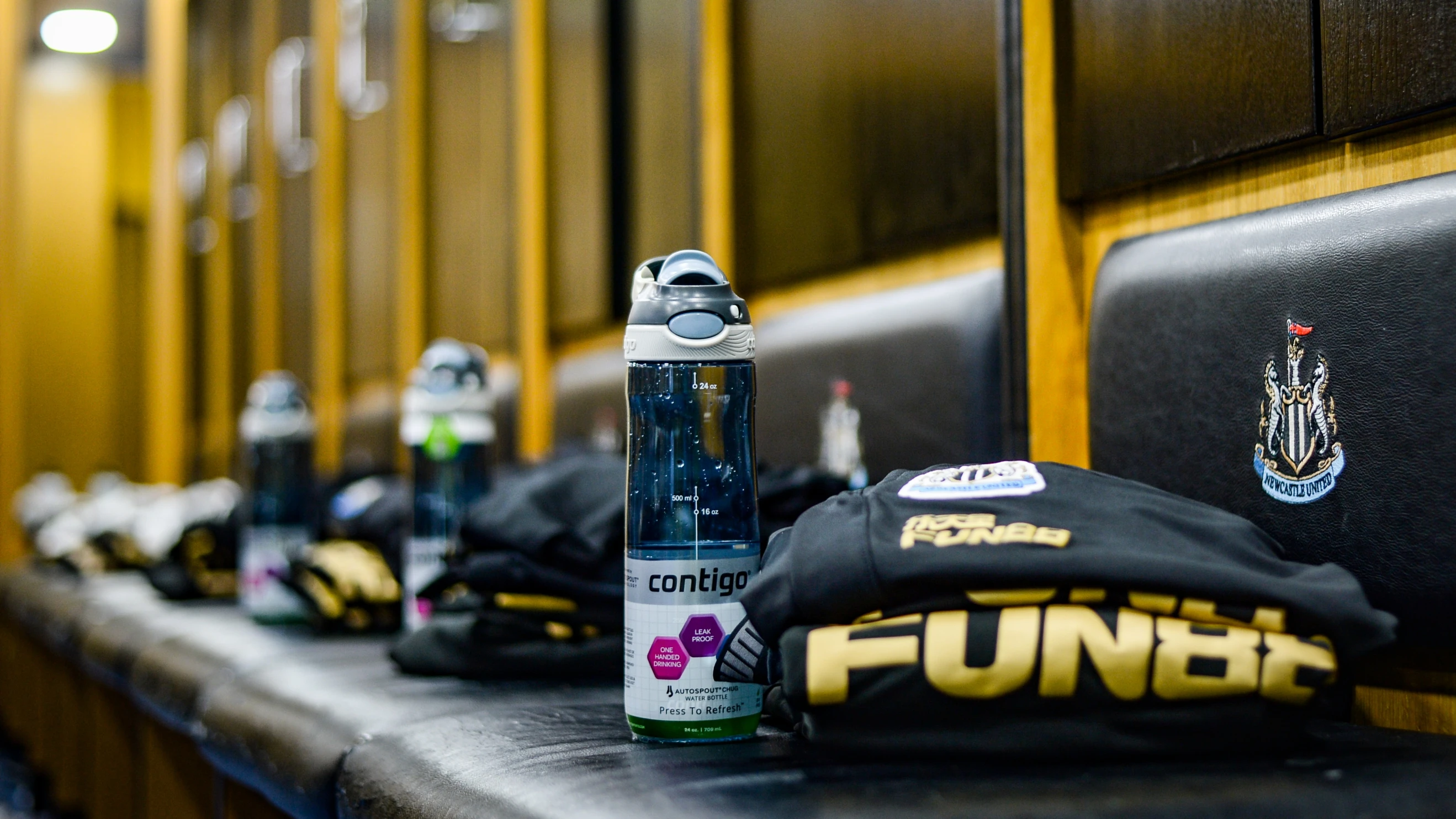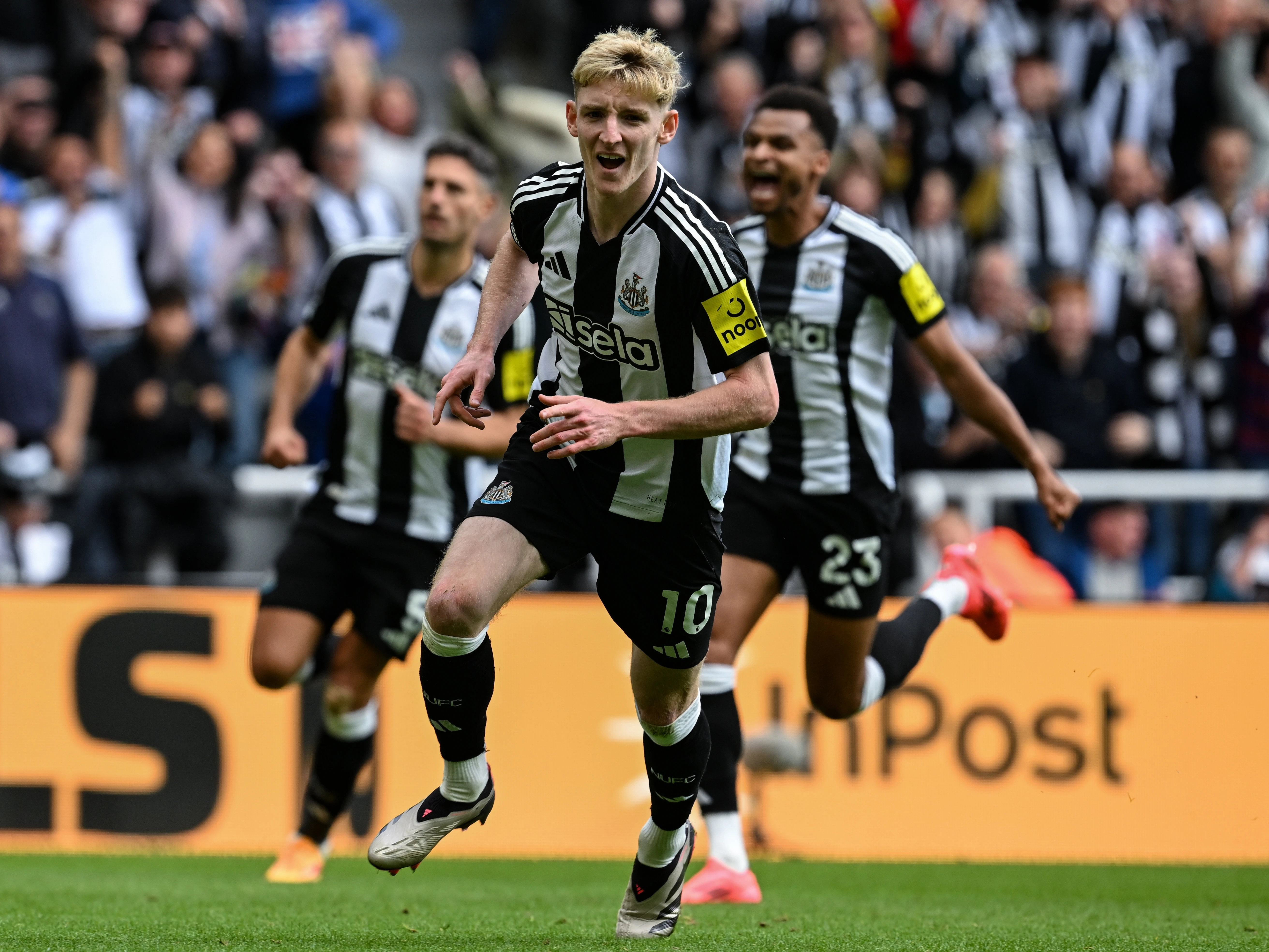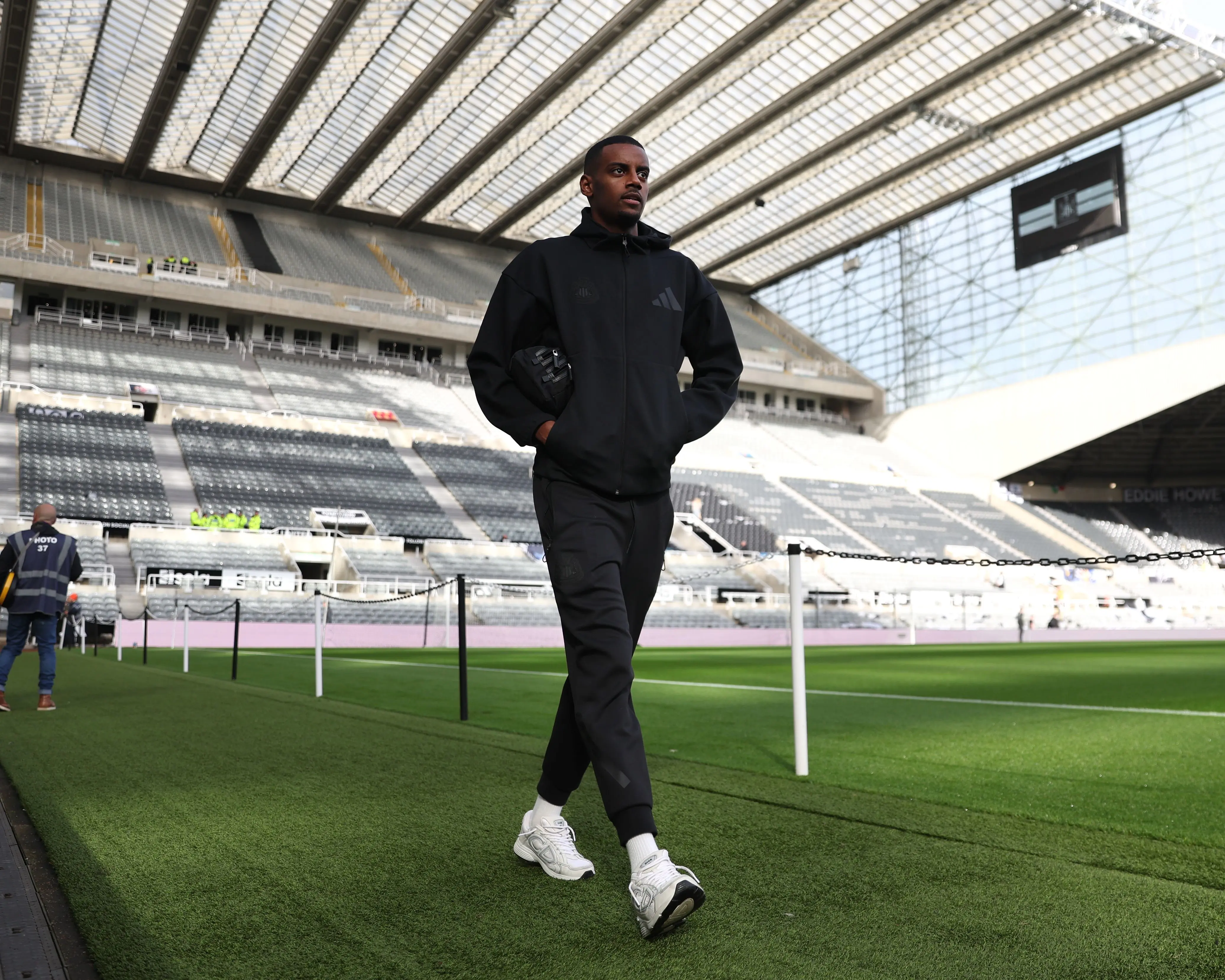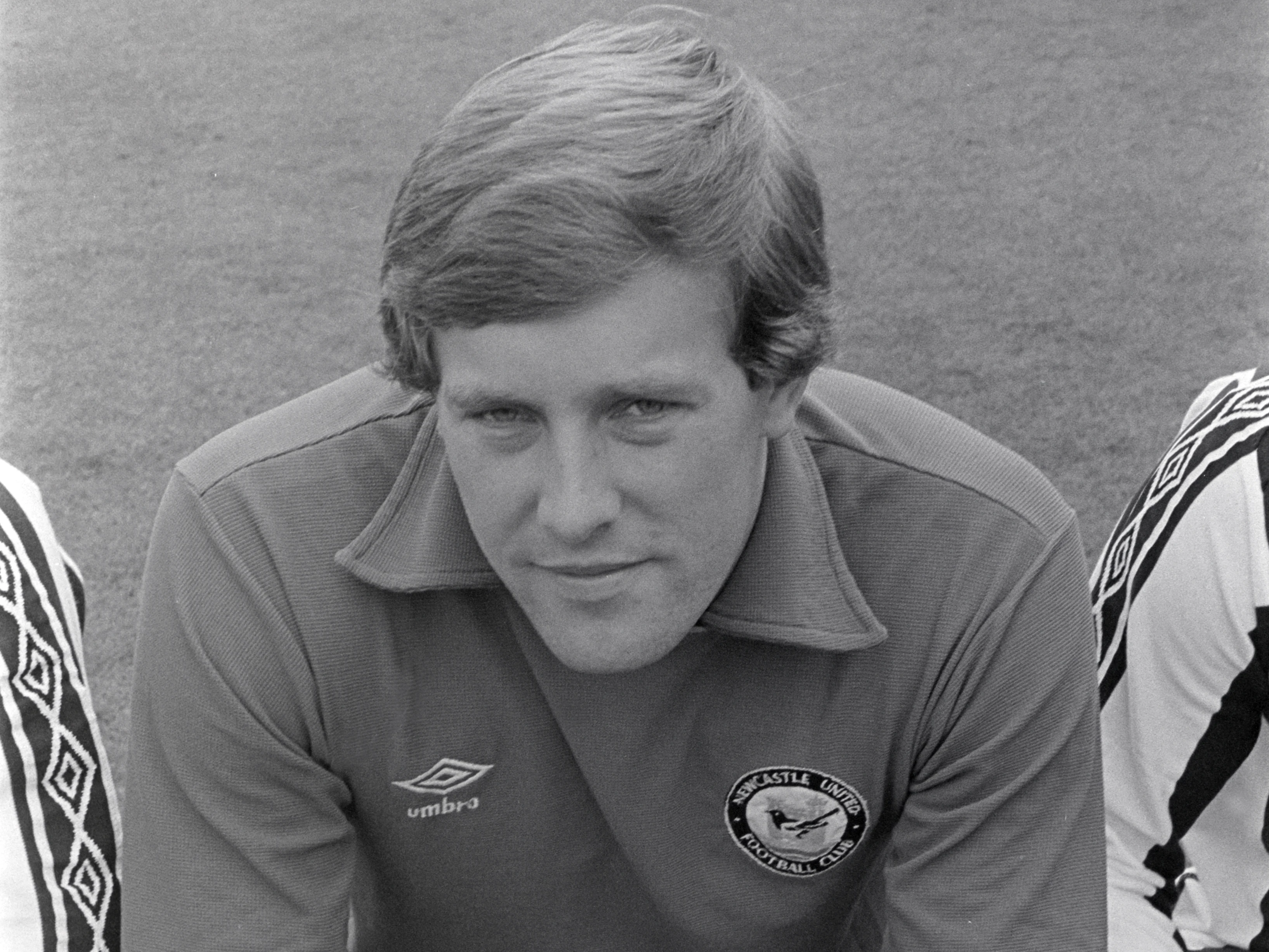Until recently, players and staff at the Magpies’ training base in Benton consumed a combined average of 48,000 single-use water bottles each year in order to stay hydrated.
That number has been cut completely after the club – which became the world’s first carbon-positive football club in 2012 – recently installed a Pure Ionic Water System.
Installed by W.E.T. Environmentals, the system ensures pure, filtered, mineral-rich water is available at several points throughout the training facilities.
Players have access to a number of outlets across the training ground
The system removes any pollutants – including traces of chemicals, metals and hormones – from tap water, alkalises it and then adds essential elements in order to deliver a number of reported health benefits.
Each player has been given their own BPA-free reusable water bottle and the club is continuing to use refillable bottles on the training pitch.
The move has proven popular with the Magpies’ first team players, with several already enquiring about having the system installed in their own homes.
Newcastle United’s head of sports science, Jamie Harley, said: “Hydration is a key factor in the health and wellbeing of the players.
"There are key differences in the quality of different types of bottled water that we have used over the years, so we are pleased to be able to offer a permanent solution to support the players around training and games.
"Pure Ionic provides us with a complete training ground solution to give clean, balanced, mineral-rich drinking water in the restaurant, changing facilities, medical rooms and gym.
"If we can see the benefits on a physical level, whilst also improving our environmental impact, it's a win-win situation."
The players already use refillable bottles during training and matches
The Magpies’ move to phase out the use of single-use plastic is also in support of the Sky Ocean Rescue initiative, which is backed by Sky and the Premier League.
More than eight million tonnes of plastic is thrown away each year, with much of it being washed out to sea.
"This is another big step forward in our long-standing efforts to reduce the impact we have on the environment,” said Eddie Rutherford, the club’s head of facilities management.
"We were proud to become the world’s first carbon-positive football club in 2012 and we have continued to introduce positive changes across all of our sites in order to be more efficient and less wasteful.
"Football clubs have a special role to play in their communities and we hope the example we are setting will encourage others to think about how much plastic they use unnecessarily and look at sustainable alternatives."




